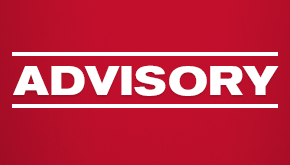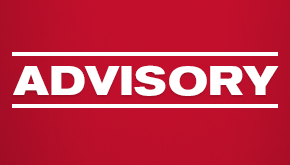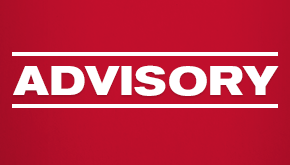Housing Cooperatives and the Need Certification for PPP Loans
Under the recently enacted federal Consolidated Appropriations Act of 2021, cooperatives are now specifically eligible to obtain Paycheck Protection Program (PPP) loans. For smaller borrowers, the basic program requirements have not changed. In applying for the loan, borrowers must still make a certification in good faith that “current economic uncertainty makes this loan request necessary to support the ongoing operations of the Applicant.” Where the borrower has suffered no loss as a result of COVID-19, such a certification may be questionable. But sustaining actual losses, such as a loss of commercial income, would presumably support the good faith of such a certification.
Additionally, under the FAQs applicable to the original program, it is presumed that the borrower’s certification is made in good faith for loans under $2 million. See Questions 31, 46 and 53 in the Small Business Administration’s (SBA) FAQ publication. This so-called “safe harbor” addresses what has been the biggest concern for many cooperatives because they have the ability to raise maintenance or access reserves to meet their expenses. However, that ability is inherent in the cooperative form of ownership, so it’s hard to imagine that Congress specifically added cooperatives as eligible borrowers only for them to be generally disqualified because they are able to raise their charges.
The SBA has announced its intent to review the good faith certification for all loans of $2 million or more, and for each such loan the borrower is required to complete and submit a Loan Necessity Questionnaire with supporting materials. This form includes a Business Activity Assessment evaluating reductions in gross revenue, voluntary or forced shutdown of some or all operations as a result of the federal COVID-19 Declaration of Emergency in March 2020, and requiring disclosure of any new capital improvement projects not due to COVID-19 and started after March 13, 2020. It also includes a Liquidity Assessment requiring disclosure of the borrower’s cash position, whether it recently prepaid any debt, and whether any of its employees earn more than $250,000 a year.
Although such questionnaires are not routinely required for loans under $2 million because of the safe harbor, SBA reserves the right to review good faith for loans under $2 million as SBA deems “appropriate.” While there is no further definition of the word “appropriate,” given the presumption of good faith for loans under $2 million, it seems likely that such review will apply only where fraud or other substantial wrongdoing is suspected.
Each cooperative board will have to make its own judgment on whether it can make the need certification in good faith. We recommend that the board review the disclosures required in the Loan Necessity Questionnaire and evaluate the factors considered by SBA in assessing whether the certification was made in good faith. The SBA form can be found here.
Note too that for so-called “second round loans,” i.e., loans to borrowers that received loans under the original PPP program, the borrower is only eligible if it can show that its income was reduced by 25% in at least one calendar quarter of 2020 as compared to the same quarter in 2019. This guideline may also offer some guidance on what is intended by the need certification.
At a meeting scheduled by some of the cooperative housing organizations in New York after cooperatives were made eligible, Senate Majority Leader Chuck Schumer, who was instrumental in the inclusion of cooperatives in the new statute, expressed his view that in making cooperatives eligible, Congress was making a determination that the impact of COVID-19 on them – such as the need to upgrade disinfection, incurring additional costs for protective equipment and enhanced cleaning regimes, closing of various common facilities and restrictions on using others – represented a sufficient basis for a good faith declaration of need. He further undertook to encourage the SBA to issue regulations codifying this interpretation for cooperatives. We point out, however, that those regulations have not yet been issued and Senator Schumer is not the government official responsible for implementing the Act. His opinion, while entitled to significant consideration, is not binding on the SBA.
All of the foregoing should be considered in the context that the guidance on this is not completely clear and the pronouncements of the authorities are continually changing. SBA has indicated its intent to update the guidance in the FAQ publication linked above to reflect changes effected by the Budget Reconciliation Act, but has not done so yet. The bottom line is that none of this is final at this time and, with the notable exception of the published under-$2 million presumption of good faith, much is informed speculation.
One final point bears mention. After the first round of PPP funds was distributed, there was press coverage of various borrowers that received loans despite being perceived as not needing them. Boards should consider how they would react to such adverse publicity associated with their building were the same thing happen to New York housing cooperatives.
Armstrong Teasdale attorneys are actively monitoring and providing updates regarding the impact of COVID-19, including the PPP and other provisions of the CARES Act. Should the SBA provide additional guidance, we will be sure to update you.


































